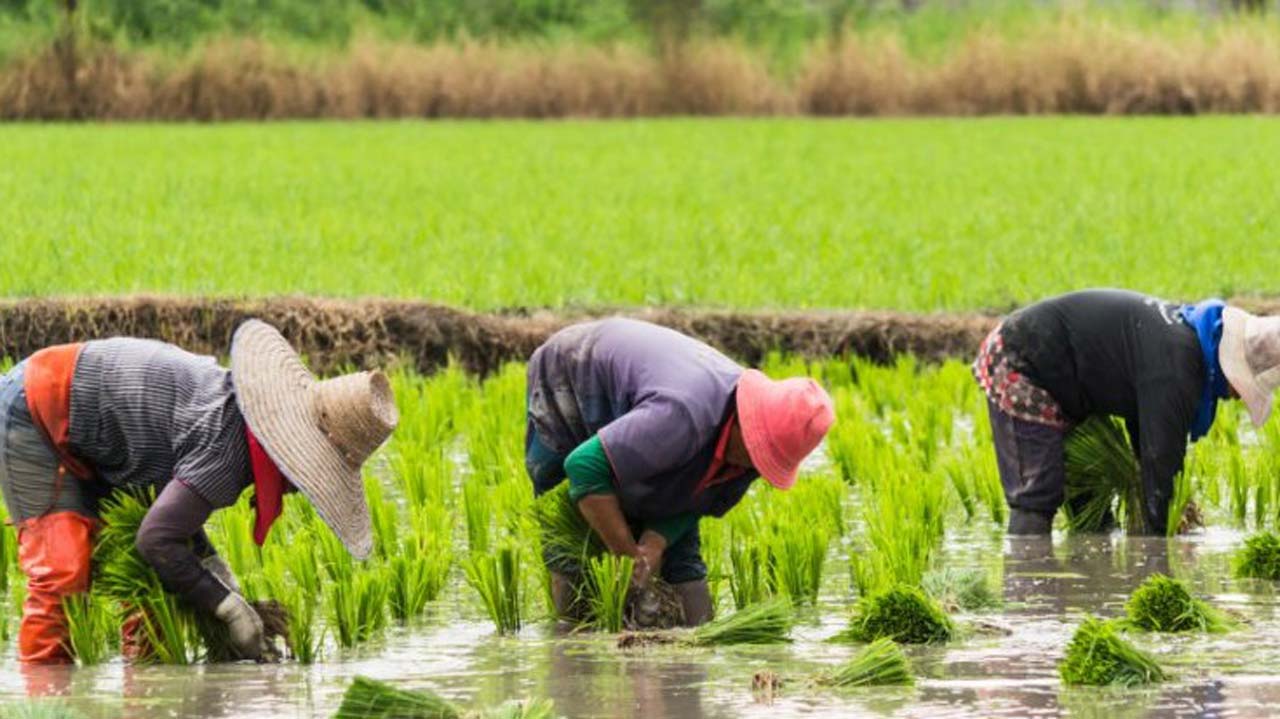Farmers to get $20m to aid crop output
Mary Daniel, a slight woman in her 40s, weeds by hand a field dotted with trees and scraggly sesame plants. A widow with seven children, she is among the 70% of all Nigerians employed in agriculture. She has grown sesame, maize and cassava her whole life, but coronavirus lockdowns forced her to abandon her three […]

Mary Daniel, a slight woman in her 40s, weeds by hand a field dotted with trees and scraggly sesame plants.
A widow with seven children, she is among the 70% of all Nigerians employed in agriculture. She has grown sesame, maize and cassava her whole life, but coronavirus lockdowns forced her to abandon her three hectares.
“We stayed at home, and everything came to a standstill,” she said, speaking in her village of Bakin Kogi in Nasarawa state, east of the capital Abuja.
Daniel is now among 65,000 Nigerian farmers who will access tractors, seeds, fertilizer and finance from a $20.4 million grant from the Mastercard Foundation aimed at helping agriculture recover from the COVID-19 pandemic in a way that will help it to withstand future crises such as climate change.
Under the arrangement, in which the Foundation teamed up with Alluvial Agriculture, a farming collective, some 200 tractors, 330,000 kilograms of seeds, climate advisories and digital payment systems will enable farmers like Daniel to help feed the nation of nearly 200 million people.
“We are bringing farmers together in what we call community blocks so they can support each other… and to attract a large pool of finance so they can continue to expand,” Alluvial founder, Dimieari Von Kemedi said.
The average Nigerian farm has 1.8 hectares, according to the U.N. Food and Agriculture Organization, but the project will group them into 500-hectare collectives to create economies of scale.
Despite years of government attention and millions of dollars in targeted Central Bank loans, Nigeria’s farms have low yields and less than 1% of farmland is irrigated.
Many work the fields by hand and cannot access fertilizer or high-quality seeds. Food inflation hit nearly 17% last month following coronavirus-related disruption and flooding in the northwest.
Bala Musa, another Nasarawa state farmer, said the grant would keep him afloat after the lockdowns cut his access to Lagos markets earlier this year: “If not for them we wouldn’t have been able to farm.” [REUTERS]
